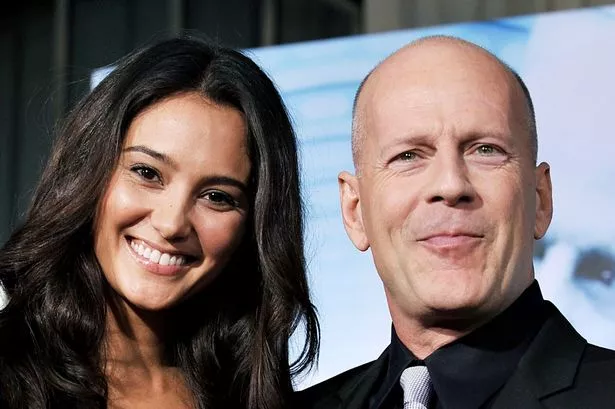Here’s where things stand on Sunday, June 15:
Fighting
- Iran fired two separate salvoes of missiles and drones against Israel, including one that struck the Israeli port city of Haifa. At least 15 people were injured.
- Israel also fired a barrage of missiles against Iran, targeting several locations, including the capital Tehran, a Foreign Ministry building there, a military base of the Defence Ministry in Isfahan, and an aerial refuelling aircraft at Mashhad Airport.
- In Israel, rescue workers were searching for survivors in the rubble from the previous night’s wave of Iranian strikes. The hardest hit area was the town of Bat Yam, where dozens of buildings were damaged.
Casualties and disruption
- The Iranian Health Ministry said that at least 224 people were killed and 1,481 were wounded, since Israel attacked Iran.
- Overnight, Iran struck the Israeli port city of Haifa and neighbouring Tamra, where at least four women were killed.
- Since the start of the conflict on Thursday, at least 13 people have been killed and 380 have been wounded in Israel.
- The Israeli Civil Aviation Authority has announced a complete closure of airspace and airports. Iranian airspace is also closed.
Diplomacy
- Iran’s Foreign Minister Abbas Araghchi said Tehran does not seek to expand the conflict to neighbouring countries unless forced to.
- Araghchi also said Iran has “solid evidence” of the support provided by the United States to Israel’s attacks.
- Iran’s top diplomat later said: “We will prepare the ground for a return to diplomacy and negotiations if the Israeli aggression stops. We hope that tomorrow’s IAEA governors’ meeting will condemn the aggression against our nuclear facilities.”
- Talking to Fox News, Israeli Prime Minister Benjamin Netanyahu seemed to clearly confirm that, saying he informed US President Donald Trump ahead of launching the attacks.
- Netanyahu also projected that regime change in Iran could be a result of Israel’s attacks.
- Trump warned Tehran not to widen its retaliation to include US targets and didn’t rule out more direct US involvement beyond the vast arsenal and intelligence the US provides to Israel.
- Contrarily, the US president also claimed peace could be reached “soon”, suggesting that many diplomatic meetings were taking place.
- He also said he would be “open” to his Russian counterpart President Vladimir Putin serving as a mediator.
- French President Emmanuel Macron rebuked that idea, saying it would not be a good idea to have Putin, embroiled in his own war in Ukraine, as a mediator in the Israel-Iran conflict.
- European Union foreign policy chief Kaja Kallas has called a videoconference of EU foreign ministers for Tuesday to discuss the Middle East crisis.
- Hopes for a diplomatic solution seem distant for now, though they will no doubt be high on the agenda of the Group of Seven summit beginning Monday in Canada.











